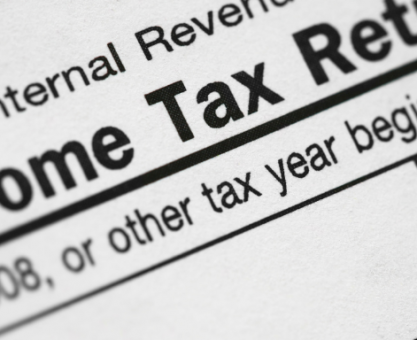Executive Summary
-
Understand the changing landscape of cryptocurrency tax regulations in 2025.
-
Discover actionable strategies to minimize your crypto tax liability.
-
Learn about the benefits and risks associated with different tax minimization techniques.
-
Gain insights from expert recommendations and real-world examples.
Introduction
Cryptocurrency has revolutionized the financial landscape, offering both new opportunities and challenges. As we move into 2025, crypto investors face increasing regulatory scrutiny, particularly in relation to tax compliance. Understanding how to minimize your crypto tax liability is vital for maximizing profits and ensuring compliance with tax authorities. This article explores the essential strategies to navigate this complex landscape, providing insights and actionable advice for crypto enthusiasts and investors.
Definitions / Context
Cryptocurrency Tax Compliance: Refers to the adherence to tax regulations concerning the declaration and payment of taxes on cryptocurrency transactions. Tax authorities worldwide are implementing stricter rules to ensure that crypto gains are accurately reported.
Benefits / Pros
-
Potential for Significant Savings: By effectively minimizing your tax liability, you can retain more of your crypto gains.
-
Enhanced Compliance: Adopting strategic tax practices helps maintain compliance with evolving regulations, reducing the risk of audits and penalties.
-
Improved Financial Planning: Understanding tax implications allows for better financial forecasting and investment strategy adjustments.
Risks / Cons / Challenges
-
Regulatory Changes: The dynamic nature of crypto regulations can make compliance challenging.
-
Legal Complexities: Misinterpretation of tax laws could lead to unintended non-compliance.
-
Record-Keeping Requirements: Meticulous documentation is necessary to substantiate tax positions.
Step-by-Step Process to Minimize Crypto Tax Liability
-
Stay Informed: Keep up-to-date with the latest cryptocurrency tax regulations.
-
Optimize Holding Periods: Consider holding assets longer to benefit from long-term capital gains rates.
-
Utilize Tax-Loss Harvesting: Offset gains by selling underperforming assets to realize losses.
-
Leverage Tax-Advantaged Accounts: Invest through retirement accounts where possible to defer or eliminate taxes.
-
Consult a Tax Professional: Engage with experts who specialize in cryptocurrency for tailored advice.
Crypto Pioneer Ltd.: A blockchain tech company that successfully minimized its tax liability by adopting a comprehensive tax strategy. By utilizing tax-loss harvesting and holding periods optimization, they reduced their taxable gains by 20% over two years.
Case Study: Crypto Pioneer Ltd.
Expert Tips / Strategic Insights
-
Epiidosis Recommends: Regularly review your crypto portfolio with a tax advisor to adapt to changing regulations.
-
Maximize Deductions: Identify and claim all available deductions related to your crypto activities.
-
Stay Organized: Use crypto tax software for accurate and efficient record-keeping.
Tools / Resources / Calculators
-
Crypto Tax Software: Platforms like CoinTracking and Koinly offer tools for tracking and reporting.
-
IRS Cryptocurrency Tax Guide: Stay informed with the latest guidelines from the IRS.
-
Investment Calculators: Use online calculators to project tax impacts on your investments.
Conclusion
Minimizing your crypto tax liability in 2025 requires a proactive and informed approach. By leveraging strategic tax practices, staying abreast of regulatory changes, and consulting with experts, you can effectively manage your tax burden while maximizing returns. For personalized assistance, reach out to a professional advisor.

















